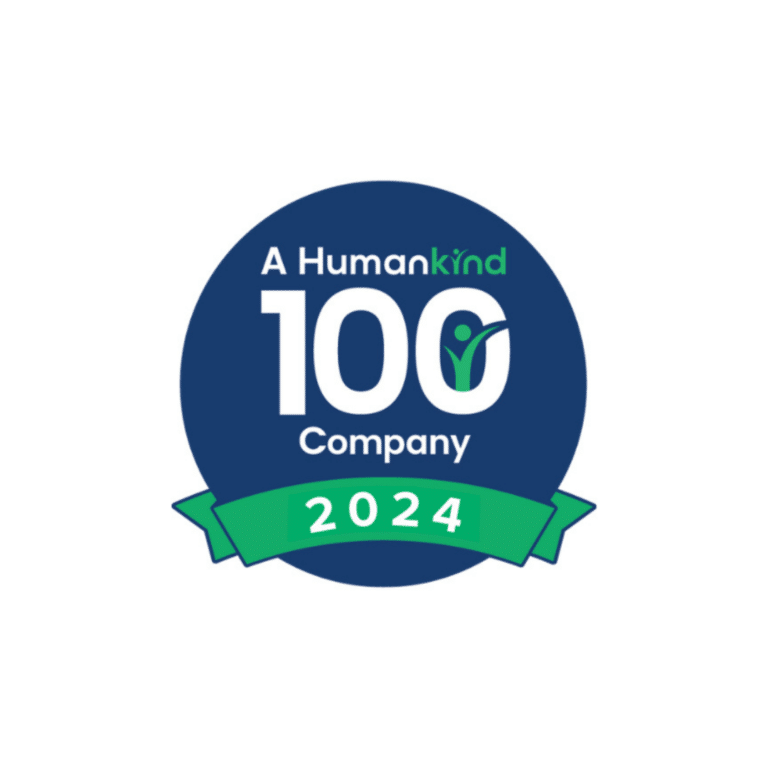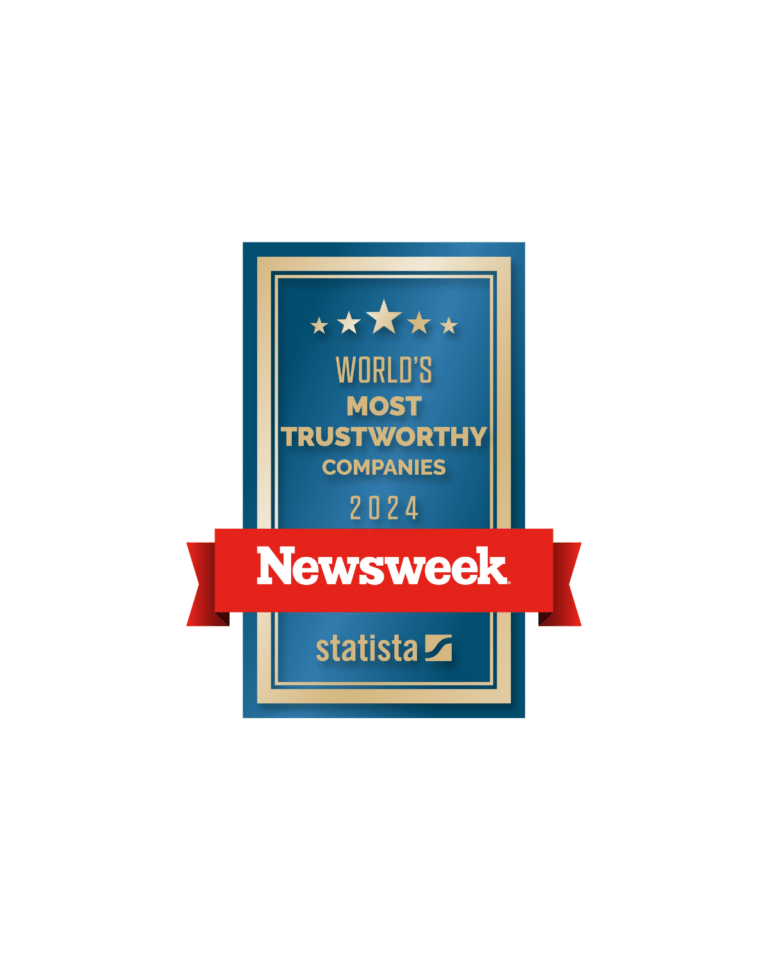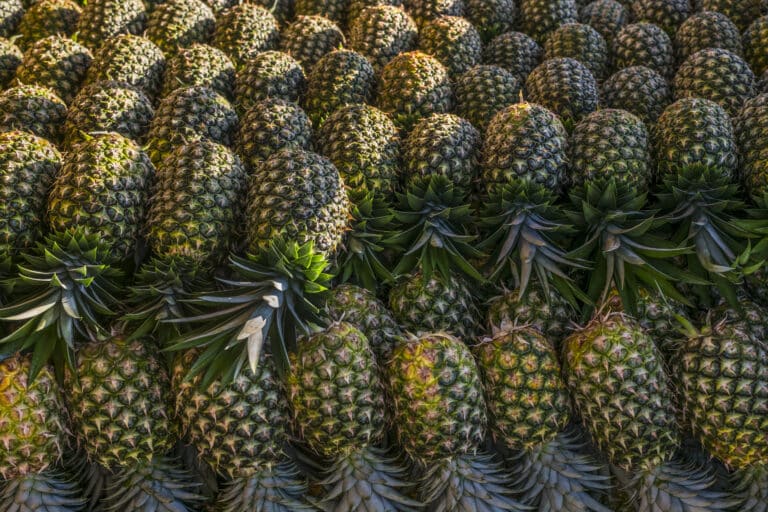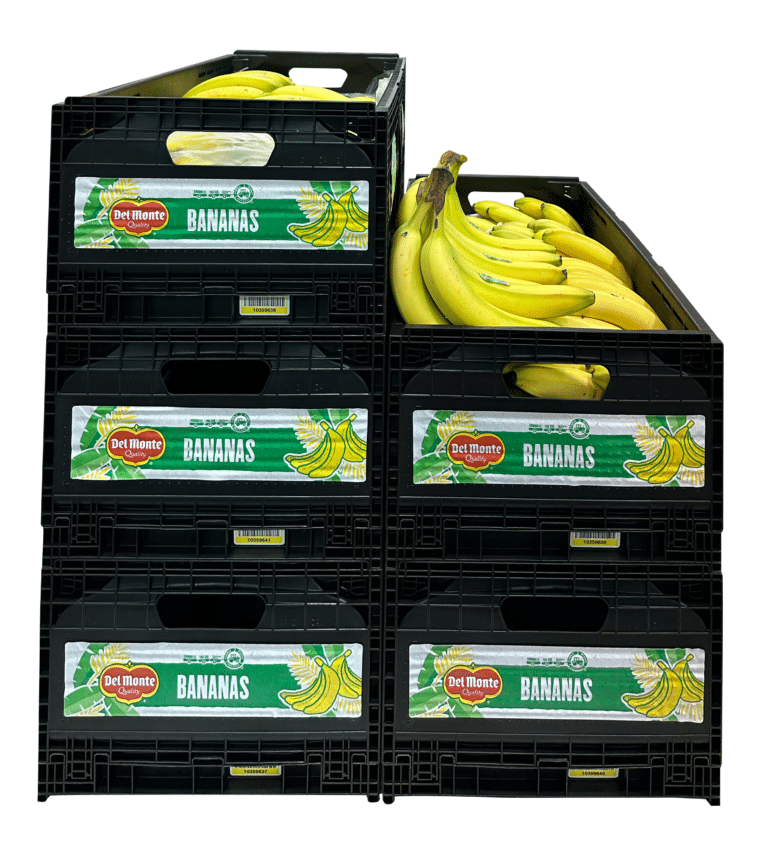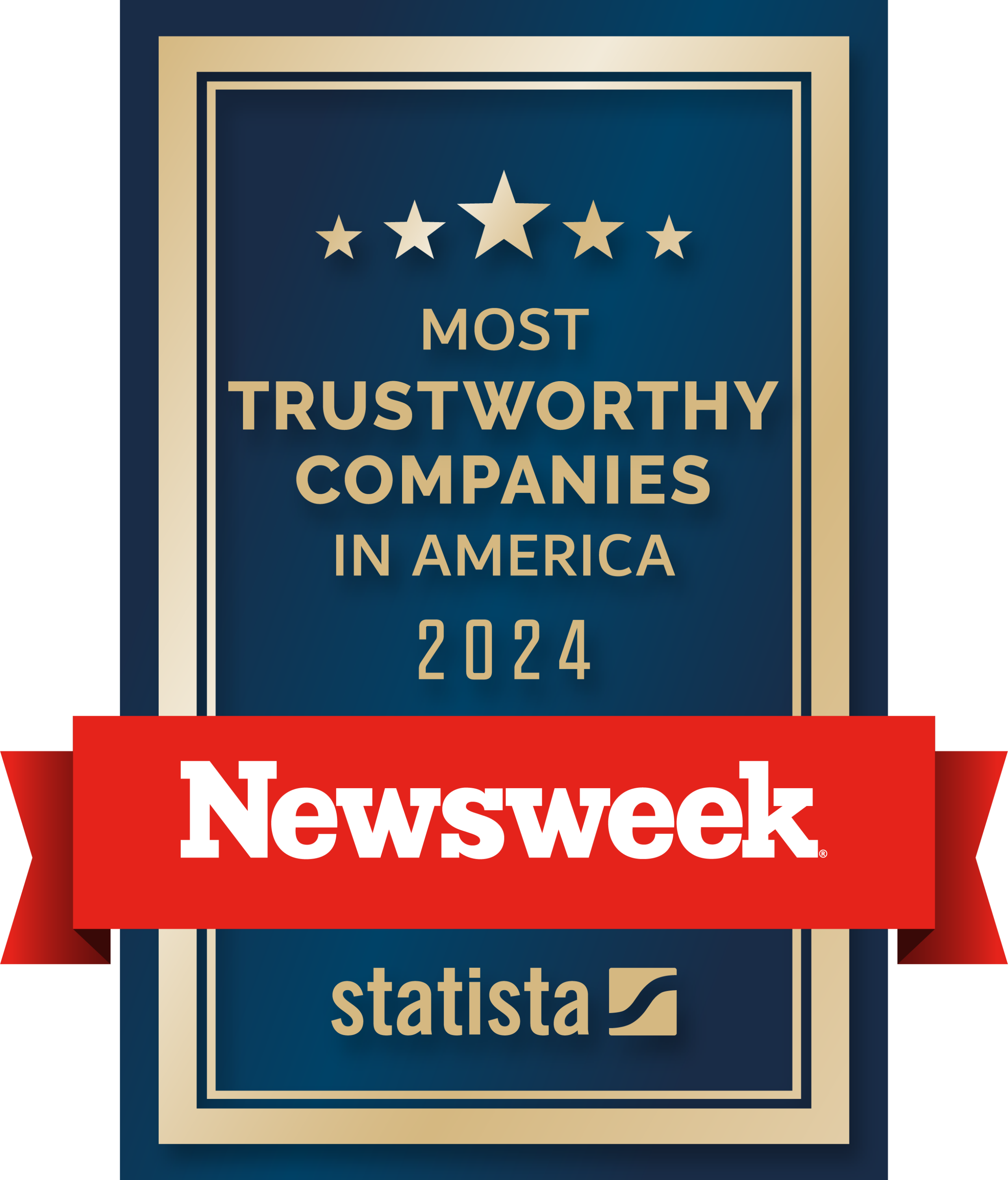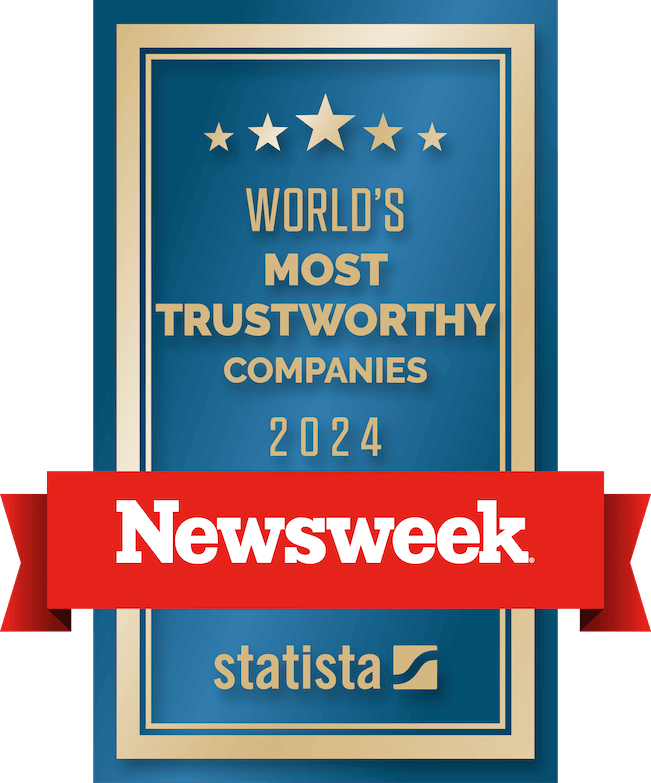Hans Sauter is the Chief Sustainability Officer at Fresh Del Monte. He speaks to Trudy Ross about the company’s sustainability journey and the importance of creating a culture of respect for the environment
LUX: Could you provide an overview of the company’s sustainability journey and a few key milestones you’ve achieved in recent years?
Hans Sauter: Let me mention that I’m not just Chief Sustainability Officer but also senior vice president for Research and Development. That’s not just out of coincidence. We approach sustainability from a scientific and data-based point of view, not a marketing or sales perspective. I have been with the company for 35 years; I started at the farms doing agricultural research and worked my way up to corporate. I know our global footprint in great detail and have accompanied this process of incorporating sustainability into our operations all along.
About 30 years ago, we started designing our farms to make the best use of the soil, carving out the areas which would be best adapted to our own crops and then leaving those other areas to re-forest and create opportunities for conservation. Starting all the way from water conservation to erosion control, pollination, etc, our operations have transformed themselves over time into combined systems where we see nature and large-scale agriculture co-existing. That’s very exciting.
A few milestones: in 1998, we got our first ISO 14001 certification around sustainability systems. In 2010, we set our first global sustainability goal to reduce our consumption of key resources, like water and fuel, by 10%. In 2015, we got our first carbon neutral certification at one of our operations, specifically the banana farms in Costa Rica. We escalated that last year, to estimate our carbon footprint going all the way from the farm to the consumer. We established programs where we promote those efforts, such as the Del Monte Zero pineapple, where we have sequestered enough carbon through our own on-site forests to compensate for greenhouse gas emissions all through the supply chain up until the consumer’s table.
LUX: Do you think it is important to engage with the consumer and make them aware of sustainability initiatives, or are you more focused on the problem itself?
HS: We started this journey so long ago that we initially attacked the problems where they were occurring. On our farms, being in tropical and rural areas which are normally the most vulnerable areas and communities, we saw a great need for action. We engaged ourselves in projects to collaborate with our neighbours and see how we could improve conditions there.
We now understand that the consumer needs to hear about those efforts. In the last five years we have been more vocal about those efforts, because we have truly strong programs to talk about. It’s not making a lot of noise about little things; we’re talking about legitimate programs. We have carved close to 30% of our land just for conservation, and that’s what nations are trying to accomplish now – we’ve done it already.
LUX: Do you have faith that the rest of the food industry is going to continue to engage with sustainability and make this a key focus, or do you worry that there is an element of greenwashing and shouting about sustainability efforts when there aren’t concrete initiatives to back them up?
HS: There’s a little bit of both. There has definitely been some greenwashing and more talking than acting; but on the other hand, I don’t think anything can stop this train. The current events are making us brutally aware that we need to act. I’m convinced that the only thing that is needed is to get to the tipping point. If you have strong leaders that move the needle, the rest of the industry will follow. Just look at the electric motor industry – who would have said we would be moving at the pace we are moving at today? I’m definitely optimistic about the food industry.
LUX: How would you describe Fresh Del Monte’s approach to responsible sourcing, and does this impact your supplier chain further down the line?
HS: That’s probably the most difficult point at this stage. All of us are struggling with scope 3, which is essentially our suppliers. Rapid engagement of that part of our supply chain is crucial and not as easy to move. One of the advantages we have as a company is that we grow close to 45% of what we sell, so we are heavily invested in farming and understand what farmers are going through. That gives us an opportunity to talk to them on a one-to-one basis with a hands-on approach. We collaborate with them and we share experiences.
I think our example will help us leverage some moral authority when it comes to protecting the environment because we have done it, and we continue to do it and invest in it. Definitely scope 3 will continue to be a more difficult area, particularly because margins in the food industry are small. Here the retailers could be very effective in moving that needle because they are the intermediaries between the grower and the final consumer, making sure that they also are a part of this shared responsibility.
LUX: What is the biggest challenge facing the food industry and the agriculture industry?
HS: I would say the biggest challenge is time. The climate is changing so fast and most of us don’t realise that the clock is ticking. We could run out of time to implement large-scale solutions that make a difference.
I see no shortage of solutions available, but there needs to be a lot of resources invested in research, specifically for many crops in tropical regions where regenerative agriculture practices have not been developed. We are very optimistic about regenerative agriculture in temperate regions, but the rest of the world has not had that privilege and we need to invest in those areas.
LUX: How much of this responsibility for climate change lies with big corporations like Del Monte, and how much do you think lies with the consumer?
HS: We are all in it together. Consumers make the difference with their purchasing decisions. That’s one of the reasons we decided to launch the Del Monte Zero. It’s a small, boutique program. We wanted to make a statement by allowing the consumer to choose a climate-responsible product, so that we are all made aware of what we are going through.
Each of us, in large companies and small companies as well, each of us has a huge responsibility at this point. We are working with our communities and we are looking at our impact on a watershed level, rather than just ‘my farm’. Because it doesn’t matter how much I protect the forest that runs through the river that runs through my own farm, if I don’t bring all the neighbours to protect that watershed, that river will eventually dry. We need to act as communities.
LUX: Waste reduction is a very important issue taking place in the food industry. Has Fresh Del Monte implemented any strategies to minimise waste reduction, and have you seen any outcomes?
HS: This is a very exciting area of opportunity. It can bring more business to the food industry. We initially started investing in waste reduction a long time ago, in our pineapple operations, using food which could not go to market to produce concentrate and juice. With that kind of systematic investment we have reduced waste at the farm level, and almost 95% of our product is used and not wasted. We are working on solutions to compost and to work with cattle-growers.
Food is too valuable to throw away. There should never be a reason to send food to landfill. What we are doing now is taking that one step further and looking at our crop residues, because that’s also a huge area of opportunity and we’re working aggressively to develop composting solutions and also other opportunities. It’s just investing in research and time.
LUX: What sustainability developments are you most excited about at Fresh Del Monte?
HS: I would say the most exciting thing which I have seen over the course of 35 years is the development of a culture of respect for the environment. No systems, no programs beat culture. If your team members have a culture of respect and admiration for the planet and your community, everything comes out of there and you have success with your systems and your programs.
We have seen engagement all the way from the farm workers, who have been sharing pictures of the biodiversity that they see while they are doing their field work. The excitement and the passion that we see is huge. When your own farm workers are excited and are taking pictures of biodiversity while they’re working, you have made an impact not only in your farm but also in the community. That multiplies by four every effort in education you have brought in.
LUX: How do you envision sustainable practices in the food industry in ten years?
HS: I envision it having huge contributions from new bio-science discoveries. There are companies which are working on deploying microbes that can fix nitrogen so that you don’t have to apply so much synthetic fertiliser. Synthetic nitrogen is one of the biggest challenges we have in agriculture as an emitter of greenhouse gas emissions. That will definitely make a big difference in the future.

